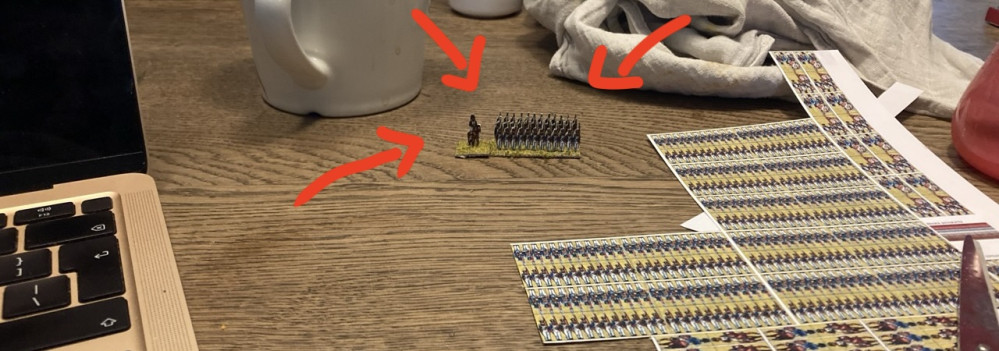
Dipping my toes into Napoleonics
Cuirassiers and army lists
Another small update! I’ve cut and based the Russian cuirassiers, which is the last unit of Russian cavalry. Whereas I’ve only been working with irregular cavalry until now (the cossacks), these are regular, which means I ranked them up.
I’m not sure why, but a few of the cuirassiers fell over when I tried to glue them in place. I can’t remember this problem from the cossacks, so maybe I didn’t bend them as much? Or perhaps this is a difference between the old cardboard bases and the new plastic bases? That said, I find that the flock sticks better to the plastic bases. All in all, I’m very pleased with how these turned out.
About armylists
As a bonus, I’ll talk about the armies I’m assembling. Napoleonic Wargaming has a lot of different possible different army lists to pick from, especially for the French.
I may have mentioned it before, but there are no points in the rules laid out in Napoleonic Wargaming. Instead, you get to pick 8 units from a small collection of choices. The player may be allowed to pick up to 1 unit only for some rarer units, and has to pick a minimum of 2 in some units that are typical for the army (often types of line infantry). These unit types may be similar between armies, but the difference is then often in the training and/or experience of the unit, which varies from ‘levy’ up to ‘elite’ (e.g. French conscripts vs Old Guard Grenadiers), the formations they may assume and the number of lines they deploy in (2 or 3). Interestingly, all armies are allowed only 0-1 artillery unit, where the French and Russians have the best, and the Ottomans the worst. The aforementioned Old Style armies are considered more trained and professional and therefore smaller, which means that a player of those armies can only field up to 6 units.
For the French I went with the Grande Armée. For the Russians there is just the generic Old Style army, which is used for all early opponents of the French republic, or the later Russian army, which has the option to add Jaegers from 1812 onwards. I went with the later Russian army, but without the Jaegers.
In addition to these numbers there each list also has some special rules, which lend more flavour to it, for example in the case of the Russians there are rules for sluggish infantry and stubborn infantry.
To be honest, since this is my first taste of Napoleonic wargaming I wasn’t too sure what I was doing and just went the lists below. I felt that both needed artillery, since I cannot imagine a Napoleonic battle without!
French Army
- 2 Line infantry
- 1 Satellite infantry (Duchy of Warsaw)
- 1 Voltigeurs
- 1 Imperial guard
- 1 Cuirassiers
- 1 Chasseurs à cheval
- 1 Artillery
Russian army
- 3 Line infantry
- 1 Guard infantry
- 1 Cuirassiers
- 2 Cossacks
- 1 Artillery
Of these lists I have now built all the French line infantry and all the Russian cavalry. This technically means I am halfway through!
In the photo below you can see the size of one army (which consists in this case of French infantry and Russian cavalry), minus the artillery. I have to say that the paper boys do have a grand effect when lined up like this!































![TerrainFest 2024 Begins! Build Terrain With OnTableTop & Win A £300 Prize! [Extended!]](https://images.beastsofwar.com/2024/10/TerrainFEST-2024-Social-Media-Post-Square-225-127.jpg)
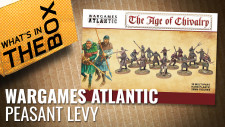
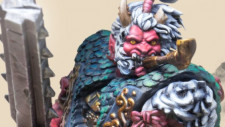
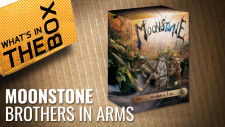






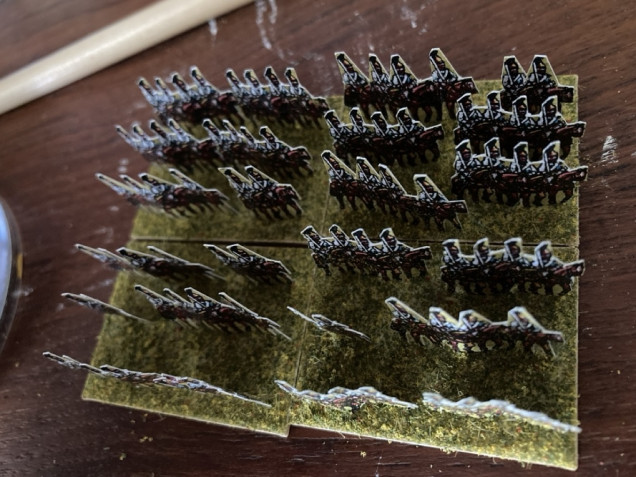
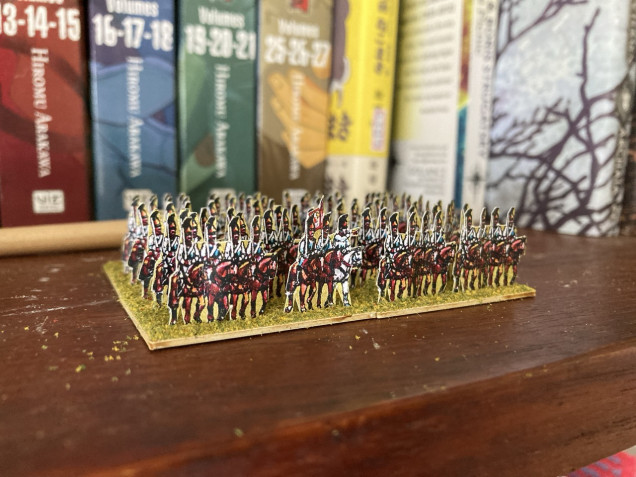
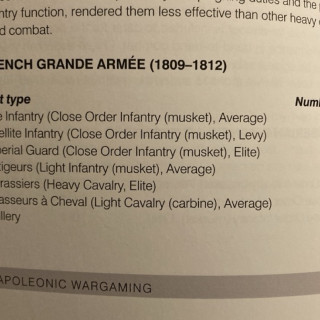
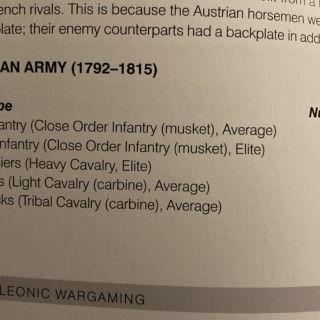
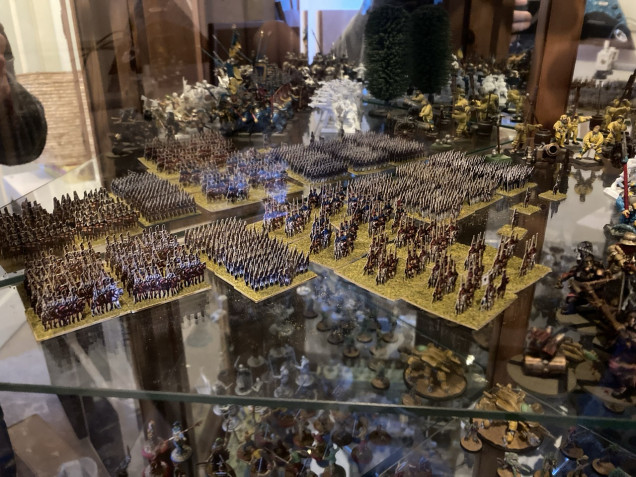

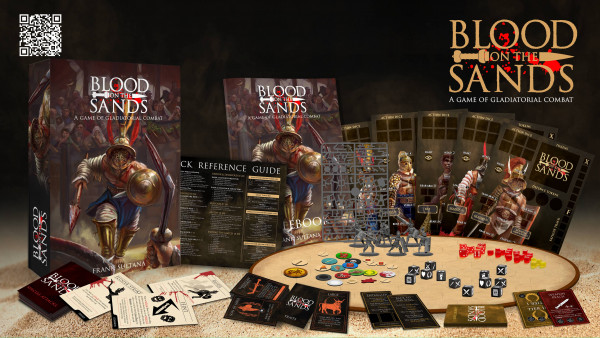
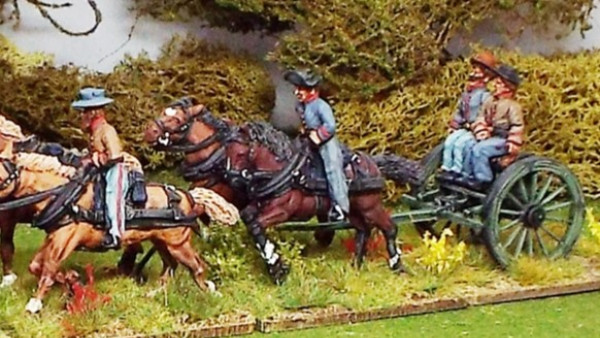
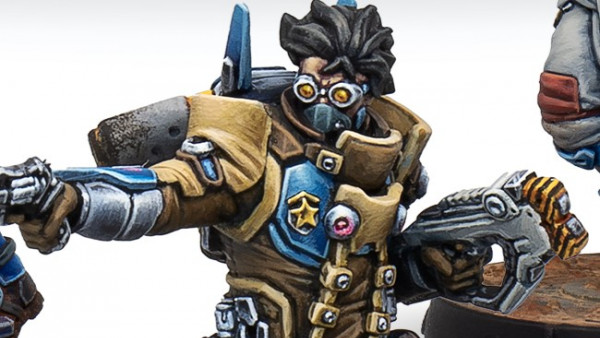
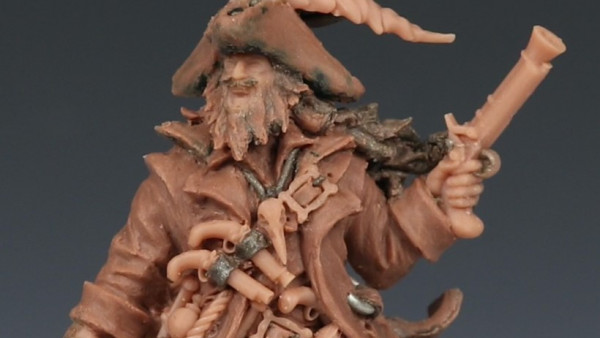
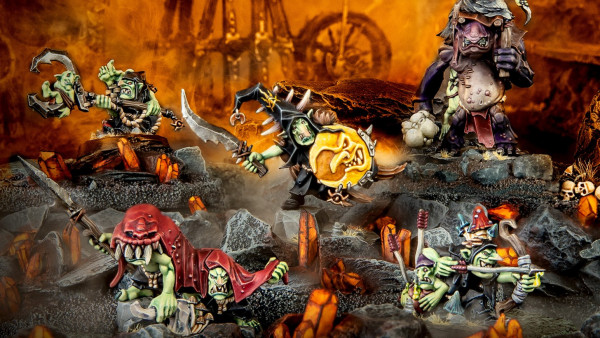
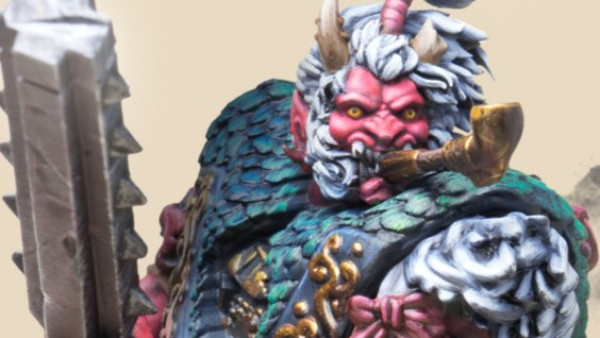
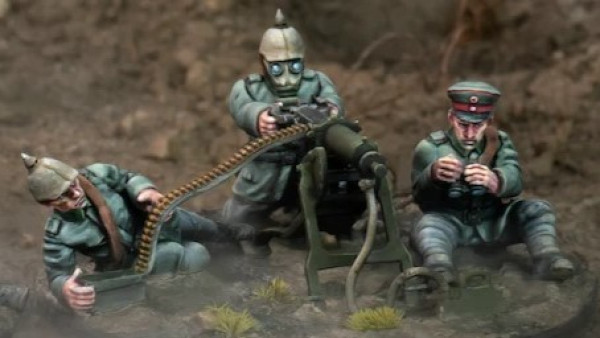
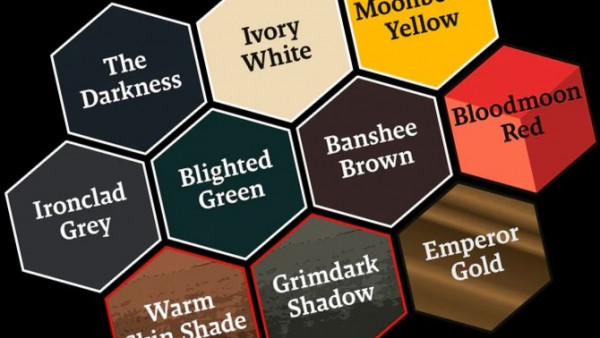
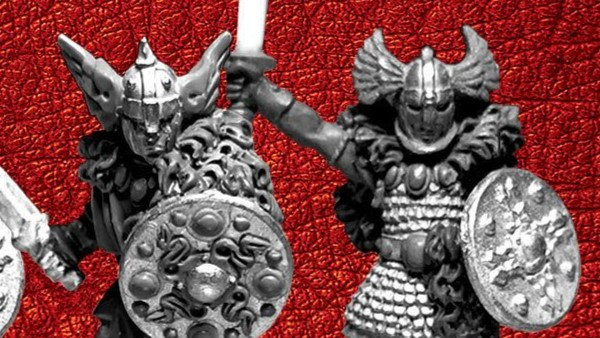
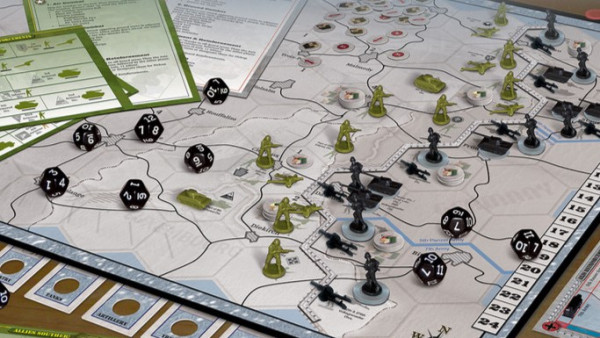

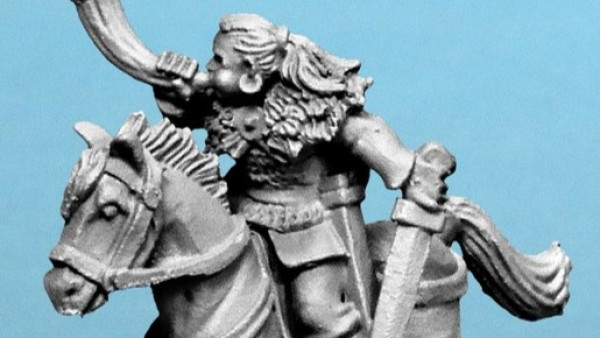









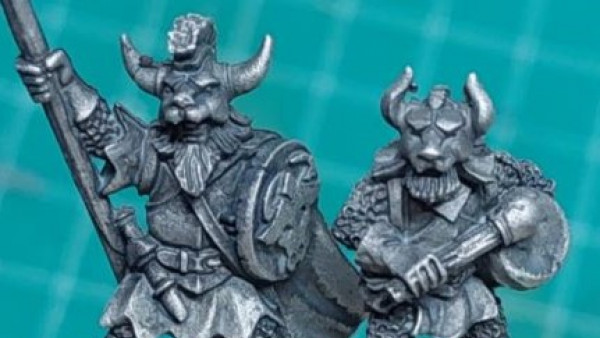
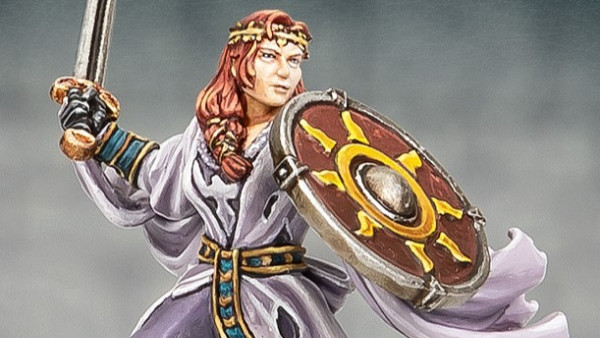
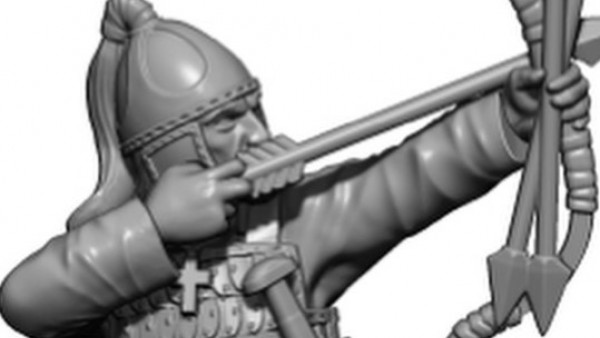
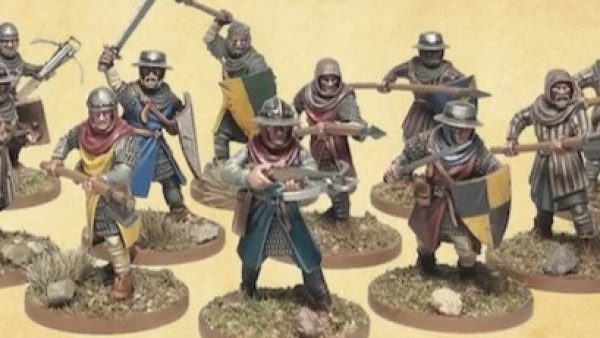
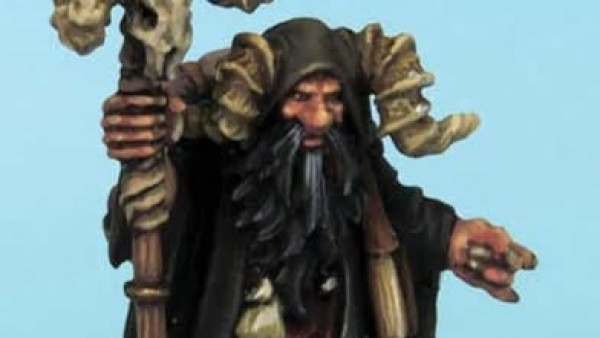
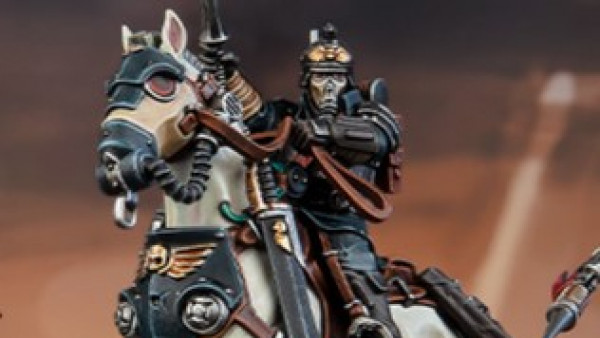
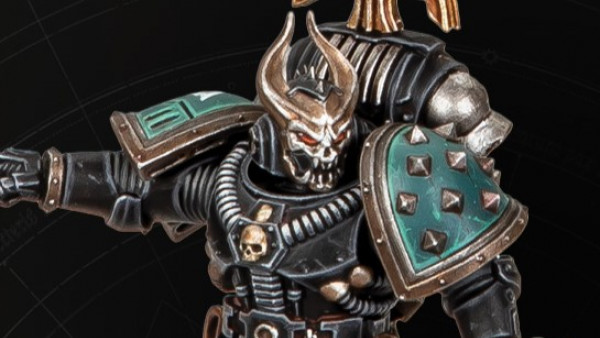
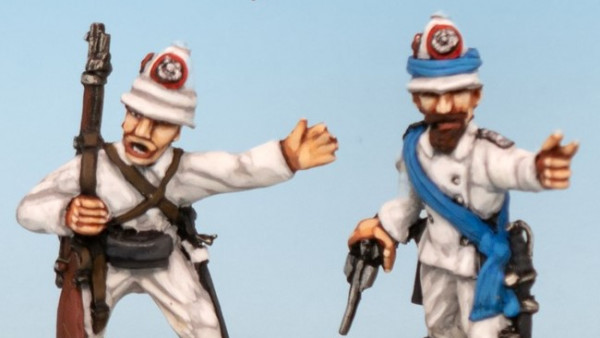
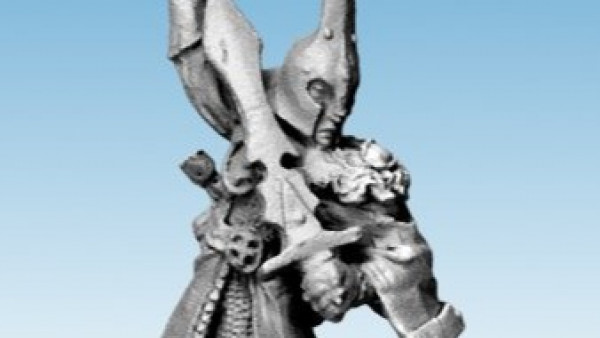


2024-03-19 Your project has been visited by the unofficial Hobby Hangout. Huzza!
Thanks for the visit! To be honest, I didn’t check any companies’ bases and just printed my own because it was easy, quick and cheap. Also you just print as many as you need, it doesn’t lead to warping when applying glue and flock seems to stick better for some reason (maybe the cardboard absorbed the glue, leaving less for the flock to stick to?).